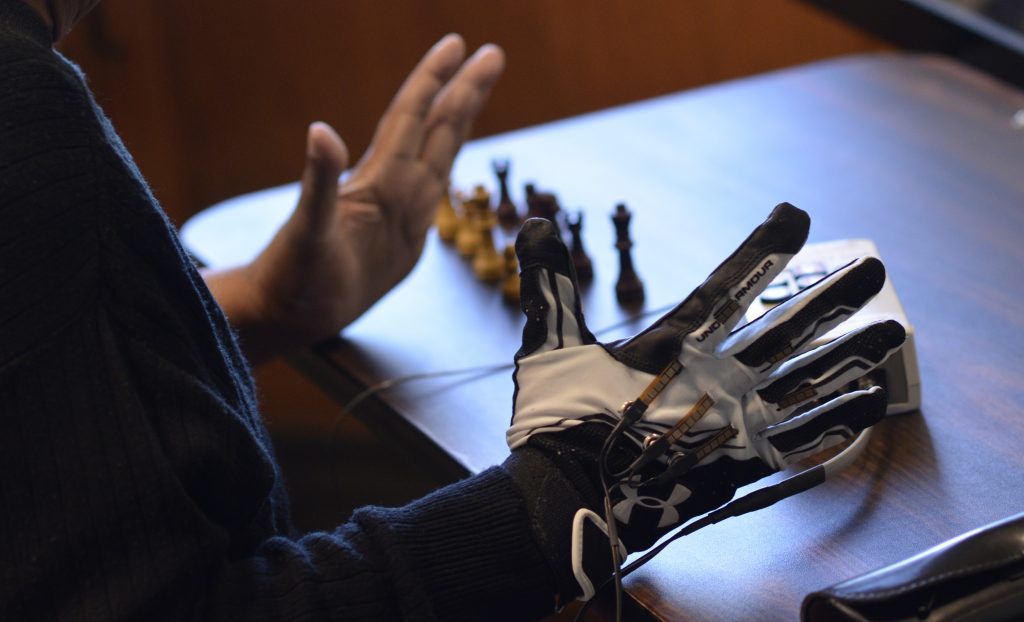Contralaterally Controlled FES of Arm & Hand for Subacute Stroke Rehabilitation
The purpose of this study is to maximize the treatment effect of CCFES by adding stimulated elbow extension.

About This Study
The primary objective of this project is to estimate the effect of Arm+Hand Contralaterally Controlled Function Electrical Stimulation. (CCFES) reducing upper limb motor impairment and activity limitation in subacute hemiplegia Arm+Hand CCFES therapy is intended to strengthen and improve the motor control of the proximal upper limb as well as the hand, to improve simultaneous reaching and hand opening , a functionally critical movement pattern that is often prevented by paresis and poet-stroke flexor synergies. The secondary objective of this project is to evaluate the effect of adding elbow extensor stimulation to the Hand CCFES treatment.
Study Information
A sample of 108 stroke survivors with acute/subacute (≤ 6 months) upper limb hemiplegia will be randomly assigned in equal proportions to receive 12 weeks of either Arm+Hand CCFES (stimulates elbow extension and hand opening), Hand CCFES (stimulates hand opening), or Arm+Hand Cyclic NMES (stimulates elbow extension and hand opening but with pre-set timing and intensity, i.e., not intention-driven), plus lab-based therapist-guided task practice. Upper limb impairment and activity limitation will be assessed at baseline, 6, 12, 20, 28, and 36 weeks.
Detailed program information and criteria available at: https://clinicaltrials.gov/ct2/show/NCT01688856?term=contralaterally+controlled+FES+of+arm+%26+hand&rank=1
Narrative

Non-Invasive, Innovative FES Treatments for Stroke
Principal Investigators: Jayme Knutson, PhD
Program Contact: Shannon Hogan
Contact Number: (216) 957-3558
Contact Email: SHogan@metrohealth.org
Contact Request
Researchers rely on individuals to serve as volunteers for program studies. Each study is designed to answer questions about a specific medical aspect or the effectiveness of a particular treatment. Through the commitment of research volunteers, knowledge gained and communicated to other medical professionals ultimately benefits the community.
If you would like more information about becoming a research volunteer please submit the information below.
